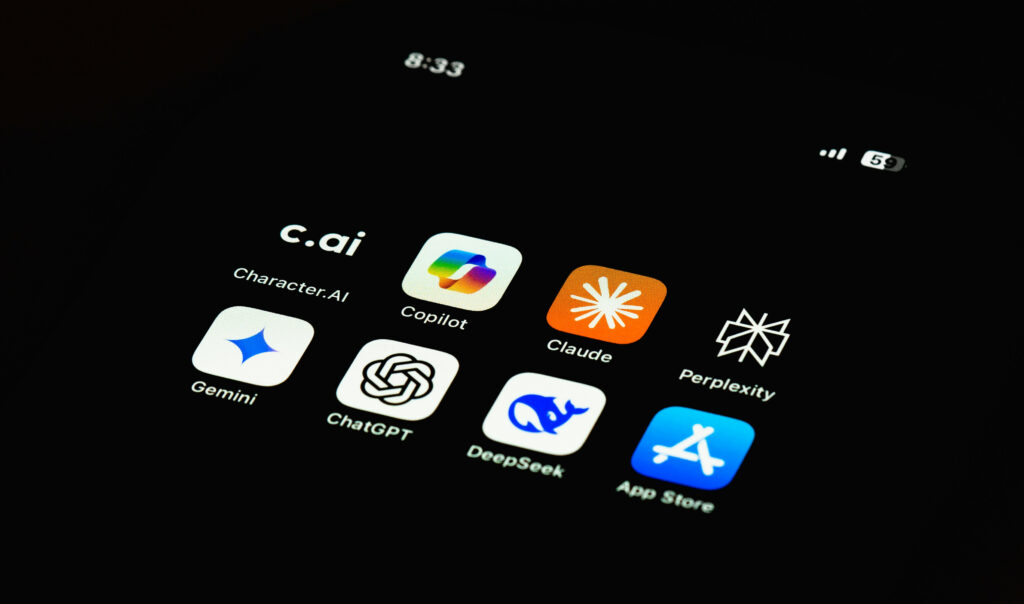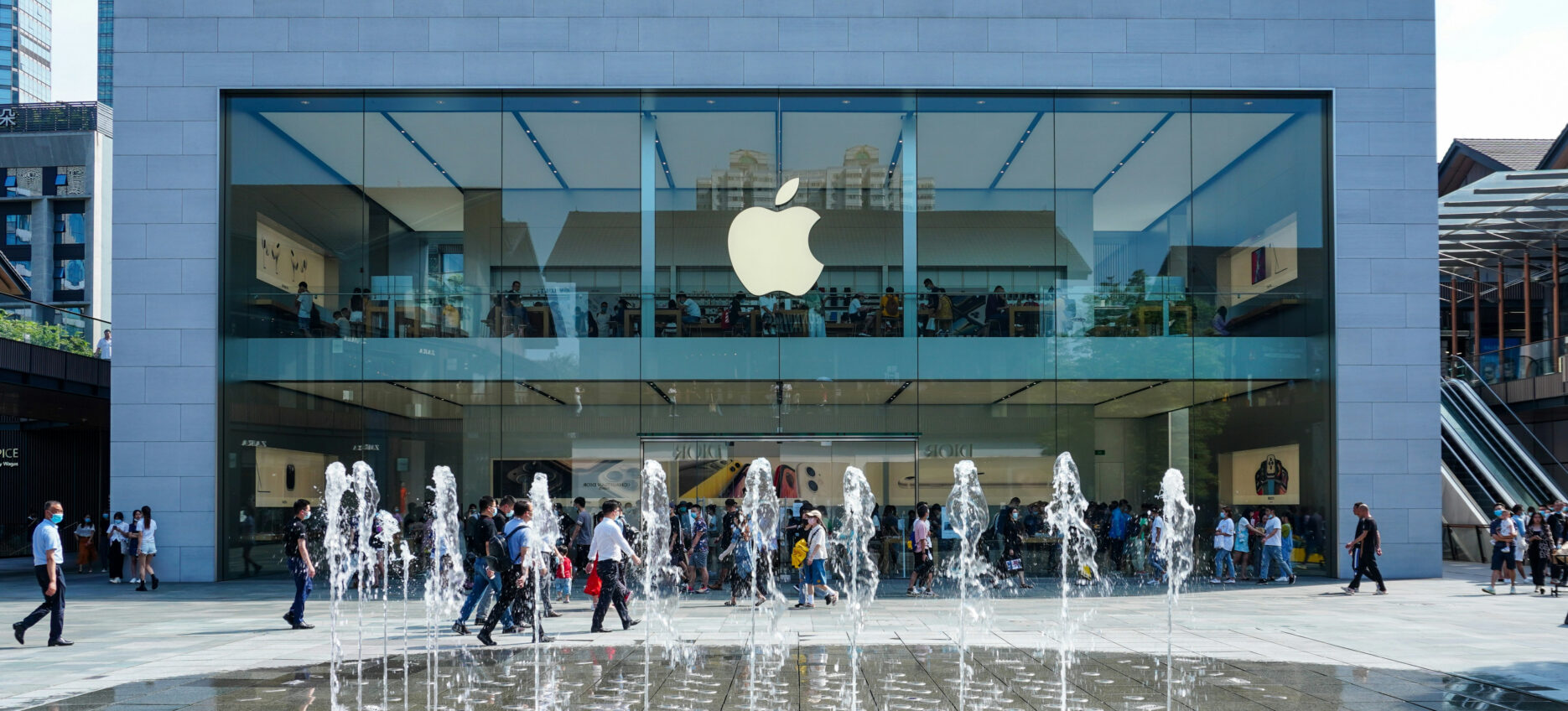A coalition of 55 iPhone users are taking aim at Apple’s App Store dominance. The leader of this Apple antitrust coalition is China-based lawyer Wang Qiongfei (王琼飞), who has a track record of bringing big cases against Apple: three years ago, he brought China’s first private antitrust case against the tech giant. This time, he’s asking regulators to go further and open Apple’s closed App Store ecosystem.
The group has filed a public complaint with the State Administration for Market Regulation (SAMR), arguing that Apple’s app marketplace and in-app payment rules amount to monopolistic control. The issue here being that Apple charges commission on its app store and doesn’t allow for third-party payments – effectively holding consumers at ransom. The complaint urges the SAMR to permit third-party app stores and payment options, and to curb Apple’s anti-steering clauses that stop developers from directing users elsewhere.

Their case has precedent. In the U.S., courts have ordered Apple to allow external payment links. In Europe, the Digital Markets Act has already forced similar structural changes. Yet in China, Apple’s commission rates remain untouched, despite the country accounting for roughly a fifth of Apple’s global revenue.
In Japan and South Korea, similar cases have also forced Apple to make changes to the way it does business. In China, the move comes amid a bit of a hot streak for regulators tackling monopolistic tech giants. Alibaba and Meituan have both been fined, and are once again under the spotlight, this time for aggressive subsidising.
With Apple, Beijing has a test case. It would be the first time their regulators have turned their eye to a major foreign brand. For Apple – whose China revenue slipped 11% in early 2025 and is struggling with eSIM adoption and AI rollout – it’s another bead of sweat on the brow of Tim Cook.









